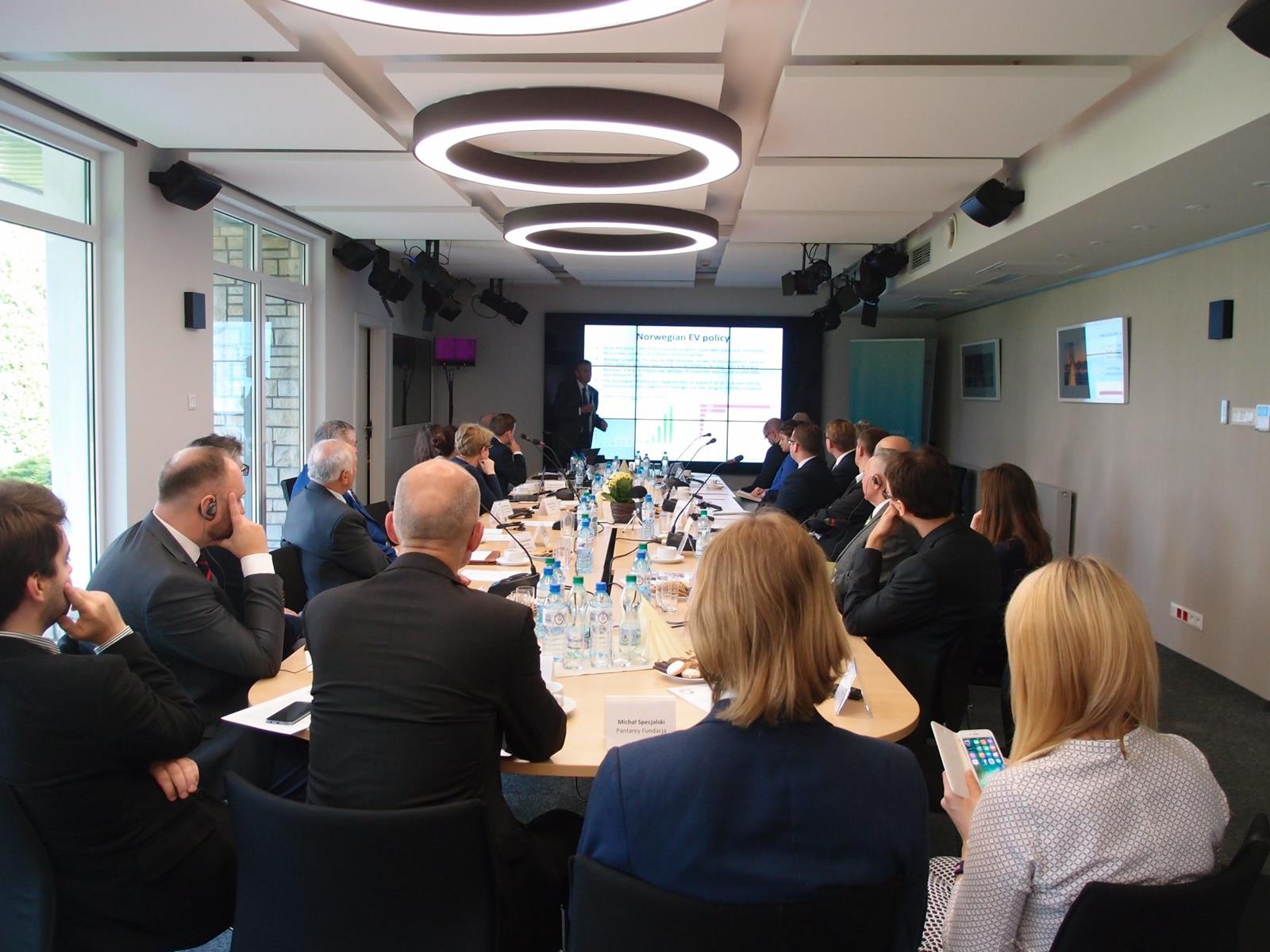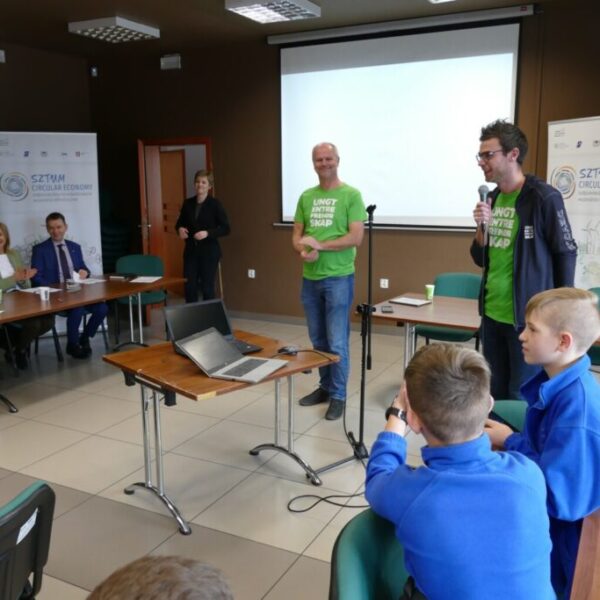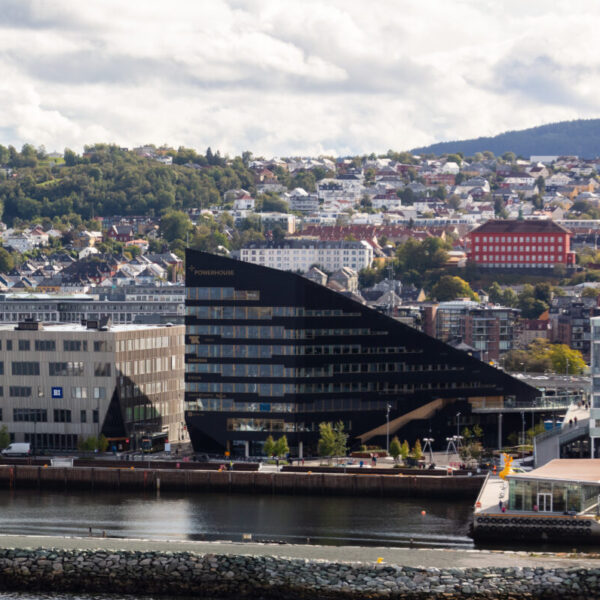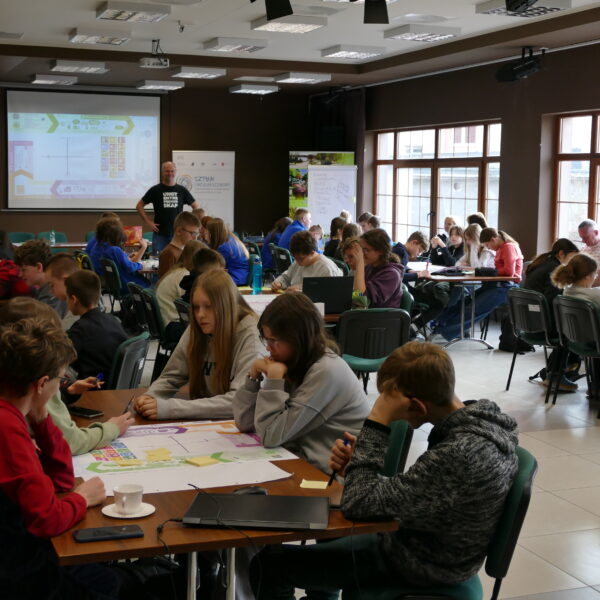

Solutions for efficient production and consumption of energy?
Experts participating in the First Roundtable in Warsaw made an attempt to reveal an answer to this question.
What system solutions and modern, innovative technologies based on renewable energy sources may contribute to increase the efficiency of production and consumption of energy? Expert participating in the First Roundtable on 26.09.2017 in Warsaw made an attempt to reveal answer to that question. The meeting was attended by representatives of the Polish energy sector coming from such companies and institutions as ENEA, PGE, PKP Energetyka, Emerson, Energy Market Agency, Lewiatan Confederation, Warsaw University of Technology, Renewable Energy Institute. From Norwegian site was represented by experts Johnny Aak from Energy Management Consulting AS, Eirik Aartun, Powel AS and Anders Stølan IDN AS .
In the first part of the meeting the Norwegian experts presented an outlook to energy market in the Scandinavian countries. The main objective of the government in this area is to increase energy security, increase the share of renewable energy and remove barriers to the development of the single energy market. What is interesting, 80% of revenues from energy production are spent on improving the quality of life of the society, such as the construction of roads, schools, etc.
The speakers noted, among other things, that the energy prices in Norway are relatively low, being at a similar level as in Poland. For this reason, despite the high awareness of pro-ecological society, individual households attach little importance to increasing energy efficiency. On the other hand, to increase the share of distributed renewable energy, the state co-finances investments in heat pumps and solar installations.
Changing behavior and choices of energy consumers is also a result of the last 20 years, so when analyzing the situation of Poland it may be necessary to look closer on what has been happening during this period in Norwegian consciousness, said Anders Stølan.
Johnny Aak pointed out that a relatively new direction of electricity production, developed on a large scale are land-based wind farm – the two largest are in the area of Rogaland and Trøndelag. By 2021 it is planned to install a power of 67.5 ThW. To achieve this goal, Aak said, there will be a need for investment in the modernization of the power grid, which was mostly built between the years 70-80.
Norway is the leader in the transition towards electric cars. In 2015, electric vehicles accounted for 22% of the market share. On the other hand, the government has adopted an ambitious target that all new cars be electric, hydrogen or hybrid by 2025. This is followed by concrete incentives by the state – large tax rebates on the purchase of a car or the possibility of moving in restricted traffic areas such as bus lanes. However, electric vehicles in Norway are not only cars but also fishing vessels, buses or even ferries. This significantly contributes to the development of batteries production. Already at this time several international companies have started investing into this kind of production plant on the Norwegian market. Battery recycling ( and reusing) is also an growing issue.
Participants in the debate stated that Norwegian experiences can be particularly useful in the transformation process, ie the use of new energy sources, renewable energy sources, as well as the building of systems related to them and the decentralization of systems.
In the second part of the meeting participants also discussed energy efficiency improvement using state-of-the-art technologies such as using big data, process and measurement digitization and automation. Both Poland and Norway have experiences that they can share.
Photo relation from the debate can be found here.



